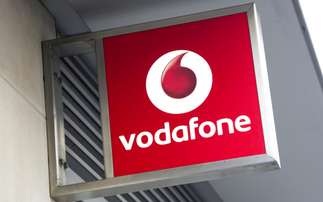BT pledges ultra-fast fibre broadband to 12 million homes and businesses to relieve regulatory pressure
Telecoms giant BT has pledged to lay fibre to two million homes and businesses across the UK and to provide super-fast broadband to 12 million premises by 2020 as it bids to head-off regulatory act...
To continue reading this article...
Join Computing
- Unlimited access to real-time news, analysis and opinion from the technology industry
- Receive important and breaking news in our daily newsletter
- Be the first to hear about our events and awards programmes
- Join live member only interviews with IT leaders at the ‘IT Lounge’; your chance to ask your burning tech questions and have them answered
- Access to the Computing Delta hub providing market intelligence and research
- Receive our members-only newsletter with exclusive opinion pieces from senior IT Leaders



















